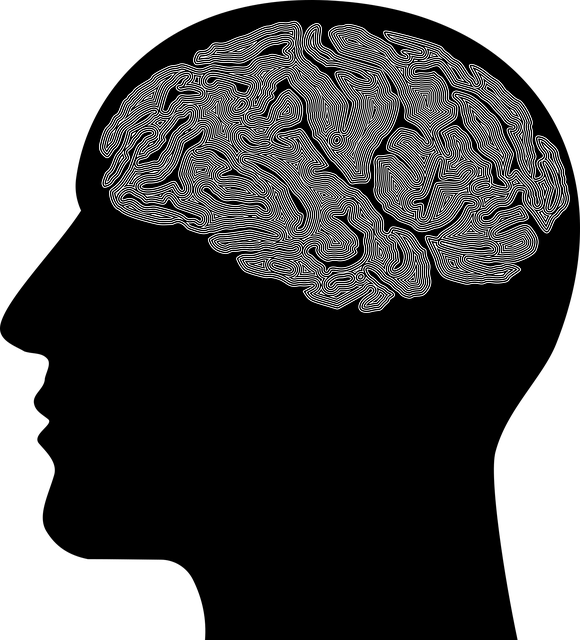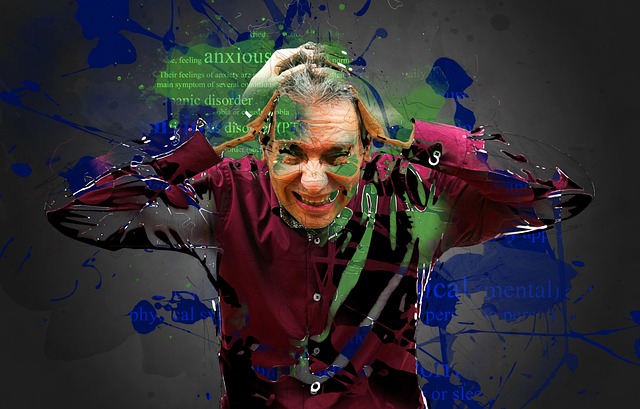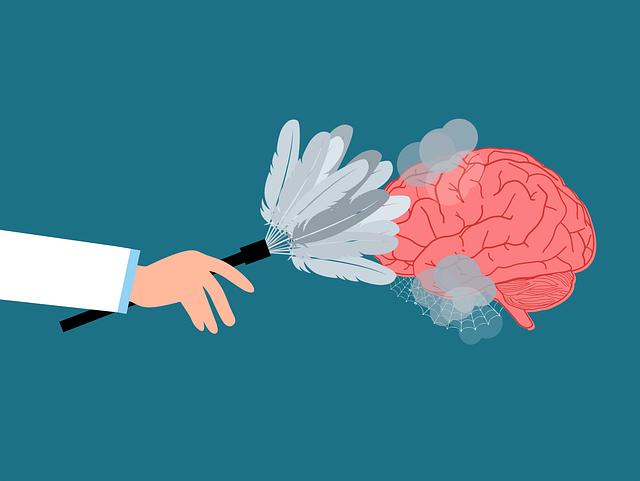Children often face challenges managing their emotions, but therapy, especially using hypnosis, offers a gentle yet powerful tool. Through relaxation and suggestion, kids learn to calm themselves during distressing situations, promoting thoughtful responses instead of impulsive reactions. Hypnosis sessions teach self-awareness exercises that enhance coping mechanisms, emotional resilience, and mental health. Structured programs led by mental health professionals equip children with skills for better crisis intervention and stress management as they age, fostering calm and self-control.
Emotion regulation techniques are invaluable tools for children, empowering them to navigate their feelings effectively. This article explores strategies to help young minds manage emotions, focusing on hypnosis as a therapeutic approach. We’ll delve into understanding emotional regulation for kids, the unique role of hypnosis, and practical implementation steps. Discover how these techniques benefit therapy, along with considerations for using hypnosis specifically with children.
- Understanding Emotion Regulation for Children
- The Role of Hypnosis in Teaching Emotional Control
- Step-by-Step Implementation of Effective Techniques
- Benefits and Considerations for Using Hypnosis in Therapy
Understanding Emotion Regulation for Children

Children often struggle to understand and manage their emotions, especially when faced with challenging situations or life transitions. This is where therapy for children comes in as a valuable tool to teach them effective emotion regulation techniques. Hypnosis, for instance, can be a gentle and powerful method to help young minds navigate their feelings. Through guided relaxation and suggestion, children can learn to calm themselves during moments of distress, allowing them to respond rather than react impulsively.
The process involves helping kids identify and acknowledge their emotions while providing practical strategies to cope. Crisis intervention guidance and stress management workshops organized by mental health professionals can offer a structured framework for these lessons. By teaching children how to recognize triggers and implement self-soothing techniques, they gain valuable skills that contribute to better mental health awareness and resilience as they grow older.
The Role of Hypnosis in Teaching Emotional Control

Hypnosis has emerged as a valuable tool in teaching children emotional control and regulation. This therapeutic approach, often used within the context of therapy for children, facilitates a state of deep relaxation and heightened suggestibility, allowing young minds to gain profound insights into their emotions. Through hypnosis sessions, children can learn self-awareness exercises that enable them to identify and understand their feelings more effectively. By mastering these techniques, they develop better coping mechanisms, enhancing their emotional resilience and overall mental health.
In the design of mental health education programs, incorporating hypnosis offers a unique and engaging method to teach emotional healing processes. It provides an alternative approach for children who might find traditional therapy methods less appealing or effective. Hypnotic interventions can help kids break free from negative thought patterns associated with emotions, replacing them with positive affirmations and constructive behaviors. This not only improves their ability to manage intense feelings but also fosters a sense of calm and self-control in various situations.
Step-by-Step Implementation of Effective Techniques

Teaching children effective emotion regulation techniques involves a step-by-step approach tailored to their age and cognitive abilities. It begins with building self-awareness exercises that help them identify and name their emotions. This can be achieved through simple activities like emotional check-ins, where children are encouraged to pause and recognize their feelings throughout the day.
Once a child has developed this awareness, therapy for children incorporating hypnosis or other evidence-based methods can enhance their ability to manage those emotions. Hypnosis, for instance, can help children visualize calming scenarios and learn relaxation techniques, which are powerful tools in depression prevention. Through guided practices, children can develop coping strategies that allow them to respond thoughtfully rather than reacting impulsively, fostering better emotional regulation skills over time.
Benefits and Considerations for Using Hypnosis in Therapy

Hypnosis is an increasingly recognized technique within therapy, offering unique benefits for both adults and children. It has proven to be a valuable tool for teaching emotion regulation skills, particularly in fostering mental wellness and promoting positive thinking. Through hypnotic suggestions, individuals can learn to alter their conscious perception of emotional experiences, enabling them to manage intense feelings more effectively. This method is especially beneficial for children who may struggle with verbalizing their emotions; hypnosis provides an alternative approach to engage them in the process of understanding and regulating their moods.
When considering hypnosis as a therapeutic intervention, it’s essential to address certain considerations. For instance, cultural sensitivity in mental healthcare practice is crucial; therapists must adapt hypnotic techniques to respect diverse cultural backgrounds and beliefs. Additionally, while hypnosis can be powerful, it should be used ethically and within the scope of qualified professionals to ensure safety and effectiveness.
Emotion regulation techniques, particularly when enhanced by hypnosis, offer a powerful tool for therapists working with children. By understanding the child’s emotional landscape and employing strategies like those discussed—from recognizing triggers to utilizing hypnotic suggestions—professionals can significantly improve their young clients’ ability to manage and express emotions healthily. This approach not only benefits individual children but also contributes to fostering resilient and emotionally intelligent individuals capable of navigating life’s challenges effectively. For therapists considering therapy for children using hypnosis, the benefits are clear: increased emotional control, enhanced coping skills, and improved overall well-being.














